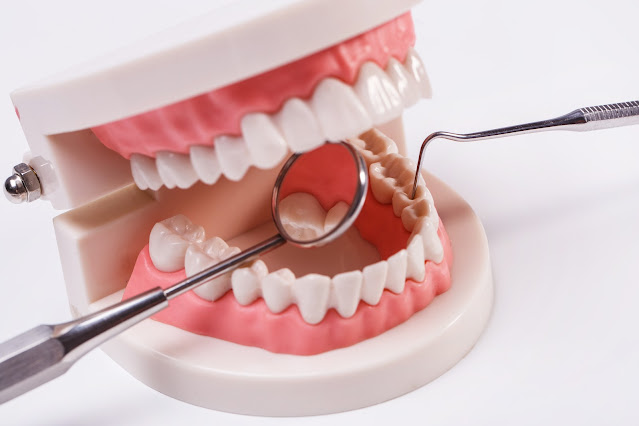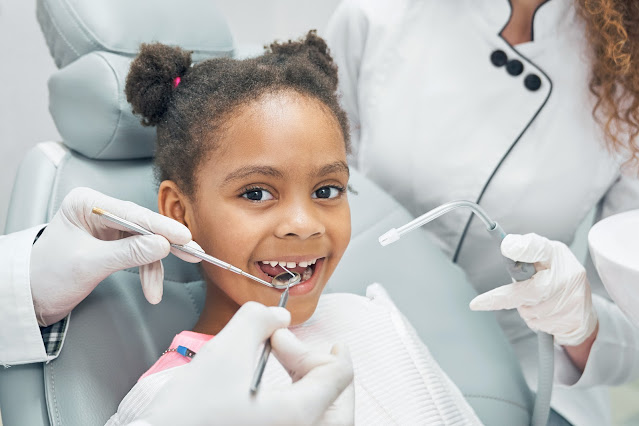The perception that teeth stop growing after a certain age is a common belief, often leading to questions about whether teeth can grow in adulthood. While the primary set of teeth, or baby teeth, is replaced by permanent teeth during childhood and adolescence, the notion of teeth growing in adulthood typically refers to changes in tooth structure or eruption patterns. This article aims to explore the dynamics of teeth development in adulthood, addressing the common inquiries surrounding this topic.
Understanding Tooth Eruption:
To comprehend the concept of teeth growing in adulthood, it's essential to distinguish between two distinct processes: tooth eruption and tooth growth. Tooth eruption is the process by which teeth emerge from the jawbone and move into their designated positions within the oral cavity. This process primarily occurs during childhood and adolescence when the permanent teeth replace the primary set.
Tooth Growth in Adulthood:
Teeth, in the traditional sense, do not "grow" in the same way bones do. However, changes in tooth structure can occur in adulthood. For example, wisdom teeth, also known as third molars, typically emerge in the late teens or early twenties. In some cases, these molars may continue to erupt or cause issues such as impaction well into a person's twenties or even thirties.
Shifts in Tooth Position:
Another aspect of teeth development in adulthood involves shifts in tooth position. Changes in tooth alignment can occur due to various factors, including aging, tooth wear, and the loss of adjacent teeth. These shifts might give the appearance of new growth or movement, even though the teeth themselves are not physically growing.
Dental Treatments and Restorations:
Teeth can also undergo changes through dental treatments and restorations. Dental procedures such as crowns, veneers, and implants can alter the appearance and structure of teeth. Additionally, orthodontic treatments, such as braces or clear aligners, can be employed in adulthood to address alignment issues and enhance the overall esthetics of the smile.
While teeth, in the traditional sense, do not grow like bones, there are dynamic processes related to tooth eruption, position shifts, and dental treatments that can contribute to changes in tooth structure and appearance during adulthood. Wisdom teeth eruption and orthodontic interventions are common examples of dental developments that can occur well into a person's twenties or thirties. Regular dental check-ups are essential for monitoring any changes in tooth structure and addressing potential issues promptly. Understanding the nuances of teeth development in adulthood can help individuals make informed decisions about their oral health and seek appropriate dental care when needed.

